-
Courses
- Back
-
IT Service Management
- Back
- ITIL® 4 Foundation
- ITIL® 4 Specialist: Create, Deliver and Support
- ITIL® 4 Strategist: Direct, Plan and Improve
- ITIL® 4 Specialist: Drive Stakeholder Value
- ITIL® 4 Specialist: High-velocity IT
- ITIL® 4 Leader: Digital and IT Strategy (DITS)
- ITIL® 4 Specialist: Sustainability in Digital and IT
- ITIL® 4 Specialist: Acquiring and Managing Cloud Services (AMCS)
- ITIL® 4 Specialist: IT Asset Management (ITAM)
- ITIL® 4 Specialist: Business Relationship Management
- VeriSM™ Foundation
- SIAM Foundation
- EXIN SIAM™ Professional
- ISO 20000:2018 Foundation
- ISO 20000:2018 Lead Auditor
- ISO 20000:2018 Lead Implementer
-
Project Management
- Back
- Certified Associate in Project Management (CAPM)®
- PMP Exam Prep Bootcamp
- PRINCE2® Agile Foundation
- PRINCE2® Foundation
- PRINCE2® Practitioner
- PRINCE2® Agile Practitioner
- PRINCE2® Foundation and Practitioner
- PRINCE2® Agile Foundation and Practitioner
- MSP Foundation
- MSP Practitioner
- MSP Foundation & Practitioner
- ISO 21500:2021 Foundation
-
Agile and DevOps
- Back
- CSM - Certified Scrum Master
- Professional Scrum Master™
- Certified Scrum Product Owner
- Professional Scrum Product Owner (PSPO)
- Advanced Certified ScrumMaster (A-CSM®)
- Safe Scrum Master
- Safe practice Consultant
- SAFe Product Owner-Product Manager (POPM)
- ACP - Agile Certified Practitioner
- PeopleCert DevOps Fundamentals
- Leading SAFe (SAFe Agilist)
- PeopleCert DevOps Leadership
- DevOps Foundation
- DevOps Leader
- Site Reliability Engineering (SRE) Foundation℠
- Site Reliability Engineering (SRE) Practitioner℠
- SAFe® Release Train Enginer
- Information Security & Data Privacy
- Risk and Governance
- Quality Management and Six Sigma
- International Standards (ISO)
- Cloud Computing
- Other Technologies
- Enterprise Architecture
- PECB
- Academia
- Enterprise
- Course Calendar
- LMS
- Blogs
- About us
- Feedback
- Our philosophy
- Our Team
- Contact us
- Partner with us
- Work with us
- K Prime Warranty
ISO 20000:2018 Lead Auditor Training & Certification
ISO/IEC 20000 Lead Auditor training course provides you with the necessary knowledge and skills to conduct service management system (SMS) audits in accordance with widely recognized audit principles, procedures, and techniques. This training course has been developed to reflect the importance of an effective SMS audit. It aims to strengthen your skill set regarding the planning and conducting SMS audits in compliance with the requirements of ISO/IEC 17021-1, the recommendations of ISO 19011, and other best practices of auditing.
.png)
Buy Now
Target Audience of ISO 20000:2018 Lead Auditor Certification
The ISO/IEC 20000 Lead Auditor training course is intended for:
-
Auditors seeking to conduct and lead SMS audits
-
Managers or consultants seeking to master the SMS audit process
-
Individuals responsible for maintaining conformity to ISO/IEC 20000-1 requirements in an organization
-
Technical experts seeking to prepare organizations for an SMS certification audit
-
Expert advisors in service management
Pre-requisites of ISO 20000:2018 Lead Auditor Certification Training
The main requirements for participating in this training course are a fundamental understanding of ISO/IEC 20000-1 requirements and a comprehensive knowledge of audit principles.
ISO 20000:2018 Lead Auditor Exam and Certification Information
Duration: 01 hour
Number of Questions: 40 (Multiple Choice)
Pass mark: 26+ marks
Open book: No
Electronic equipment allowed: No
ISO 20000:2018 Lead Auditor Certification Journey

Course Outline
- ISO/IEC 20000 Standard
- Relationship with other frameworks and standards
- The Deming cycle and how it applies to ITSM
- Plan. Do. Check. Act
- Applicability and scope definition
- Terms specific to management system standards
- Terms specific to service management
- Understanding the organization and its context
- Understanding the needs and expectations of interested parties
- Determining the scope of the service management system
- Service management system
- Service management
- Actions to address objectives and planning to achieve them
- Establish objectives
- Plan to achieve objectives
- Plan the service management system
- Leadership and commitment
- Policy
- Establishing the service management policy
- Communicating the service management policy
- Organizational roles, responsibilities and authorities
- Resources
- Competence
- Awareness
- Communication
- Documented information
- Creating and updating documented information
- Control of documented information
- Service management system documented information
7.1 Operational planning and control
7.2 Service portfolio
- Service delivery, Plan the services
- Control of parties involved in the service lifecycle
- Service catalogue management
- Asset management, Configuration management
7.3 Relationship and agreement, General
- Business relationship management
- Service level management, Supplier management
7.4 Supply and demand
- Budgeting and accounting for services
- Demand management, Capacity management
7.5 Service design, build and transition
- Change management
- Service design and transition
- Release and deployment management
7.6 Resolution and fulfillment
- Incident management, Service request management
- Problem management
7.7 Service assurance
- Service availability management
- Service continuity management
- Information security management.
- Monitoring, measurement, analysis and evaluation
- Internal audit
- Management review
- Service reporting
- Nonconformity and corrective action
- Continual improvement
Fill the form below and a Learning Advisor will get back to you within 4 working hours.
Related Courses
Contact Course Advisor for Custom Quote
× ×
×
This site uses cookies to provide you with a better browsing experience, improve performance, for analytics, and to show you relevant advertisements. By using this website you agree to the use of cookies. See our Cookies Policy for more information.

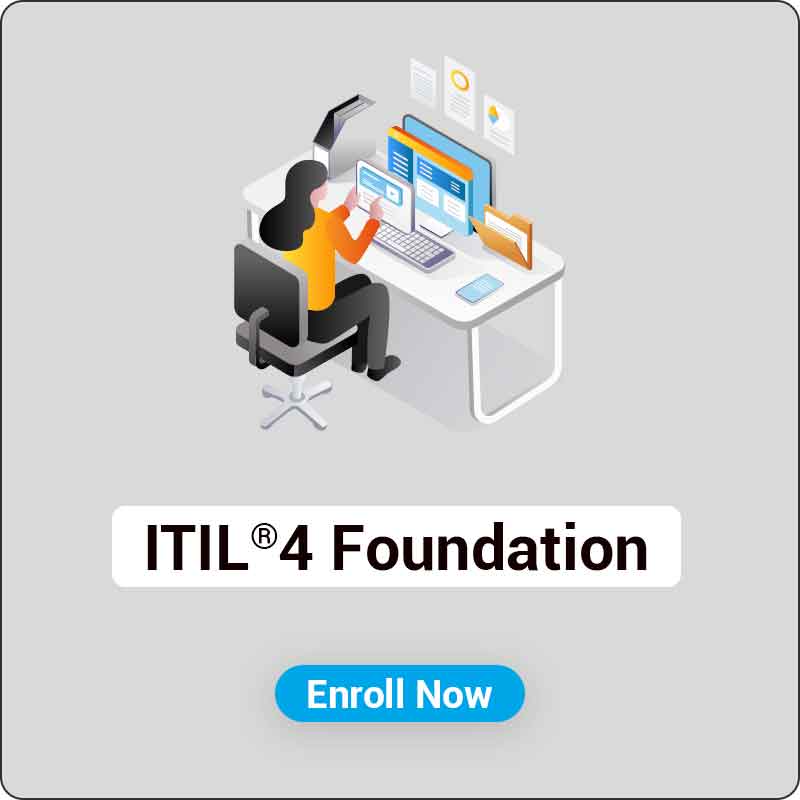
.jpg)
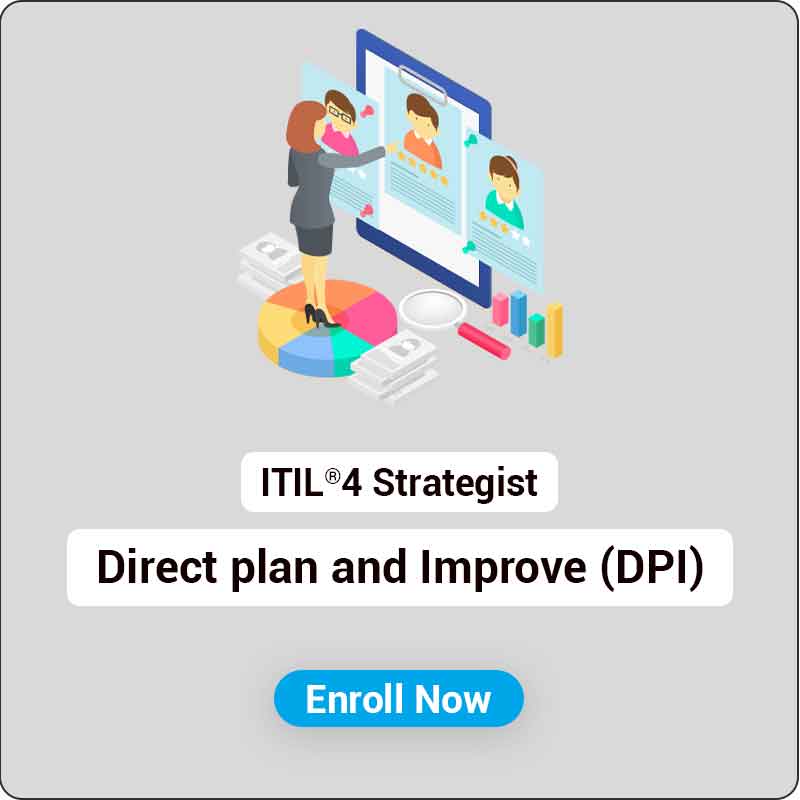
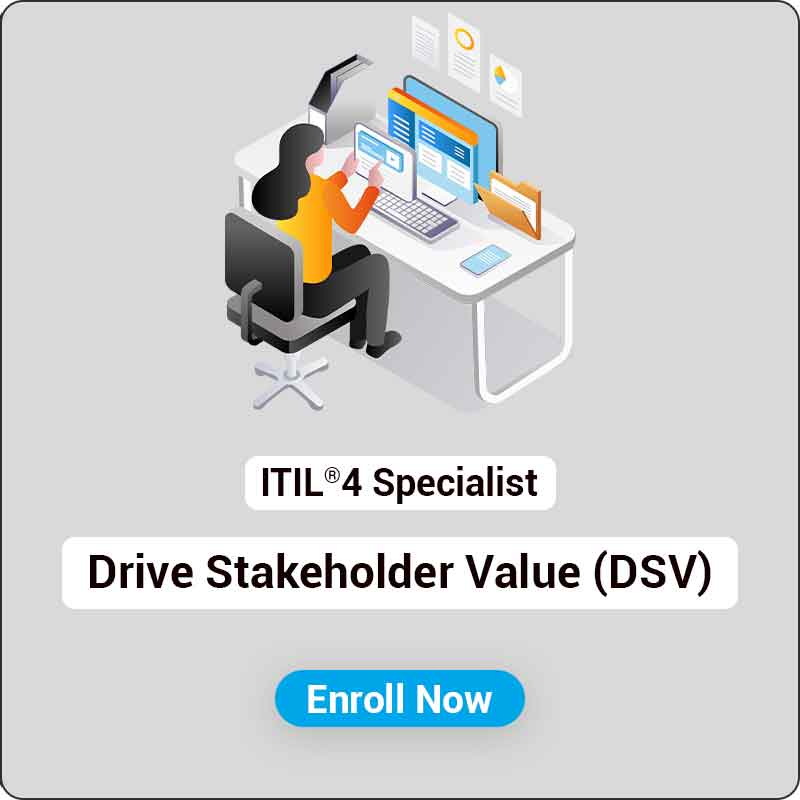
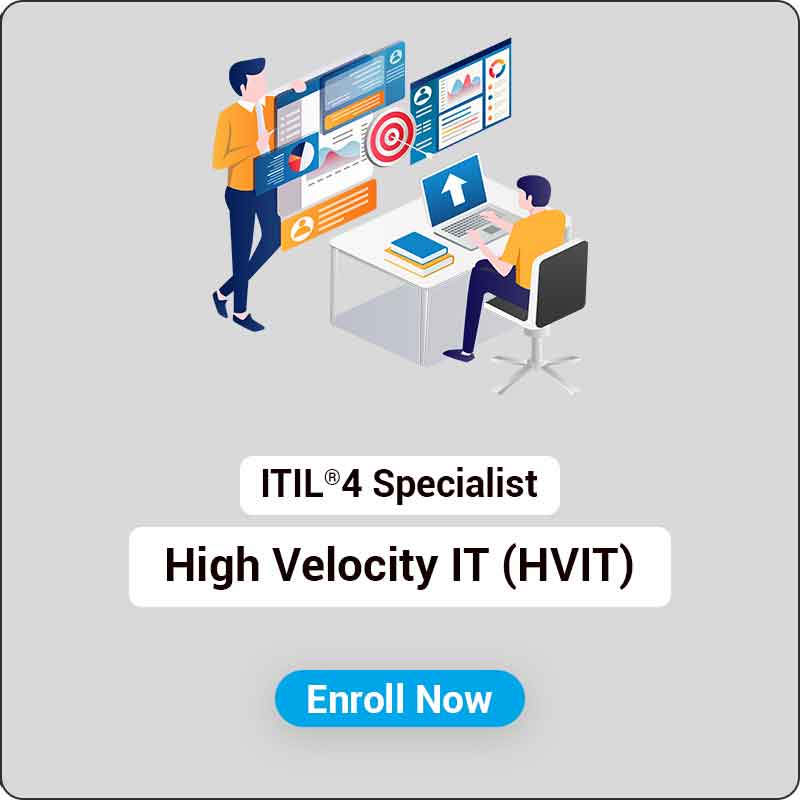
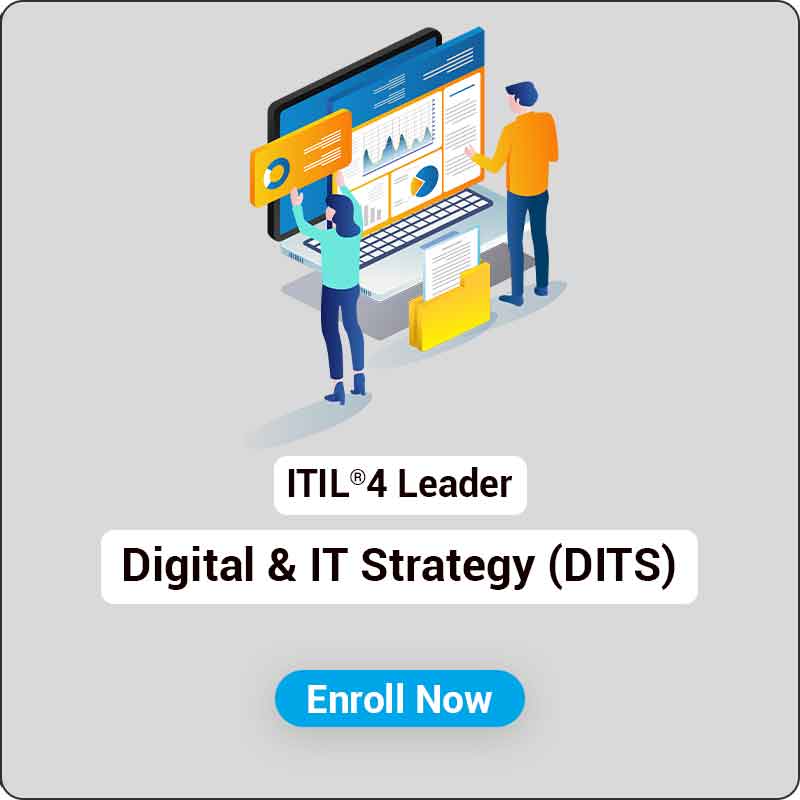
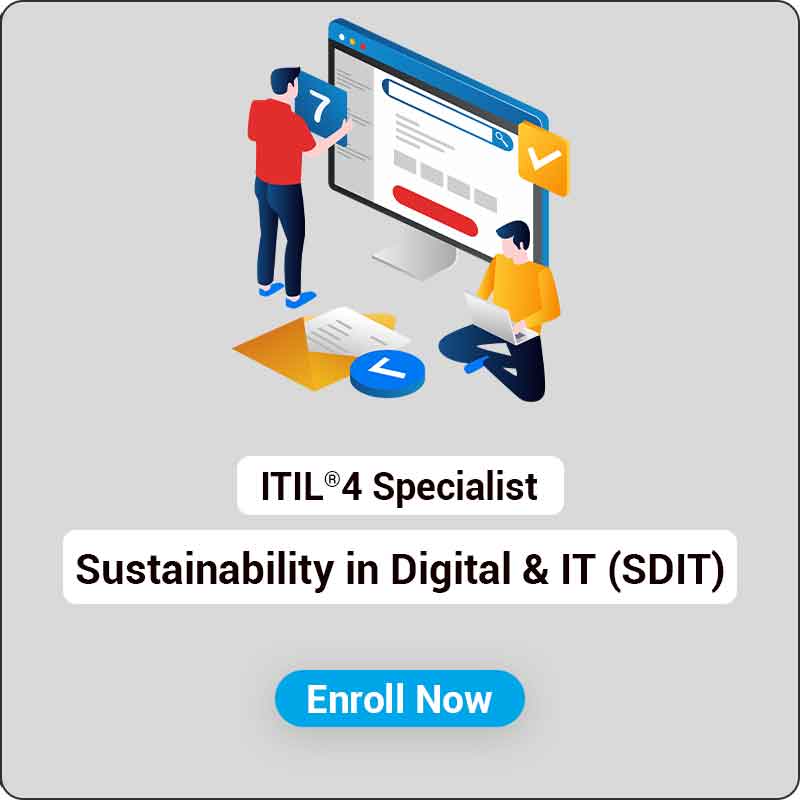
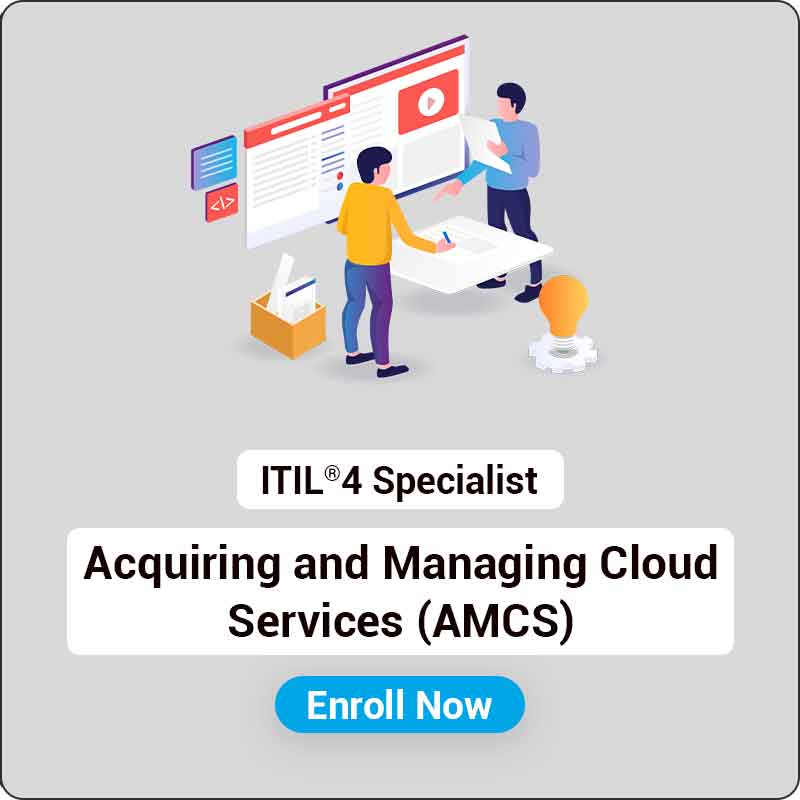
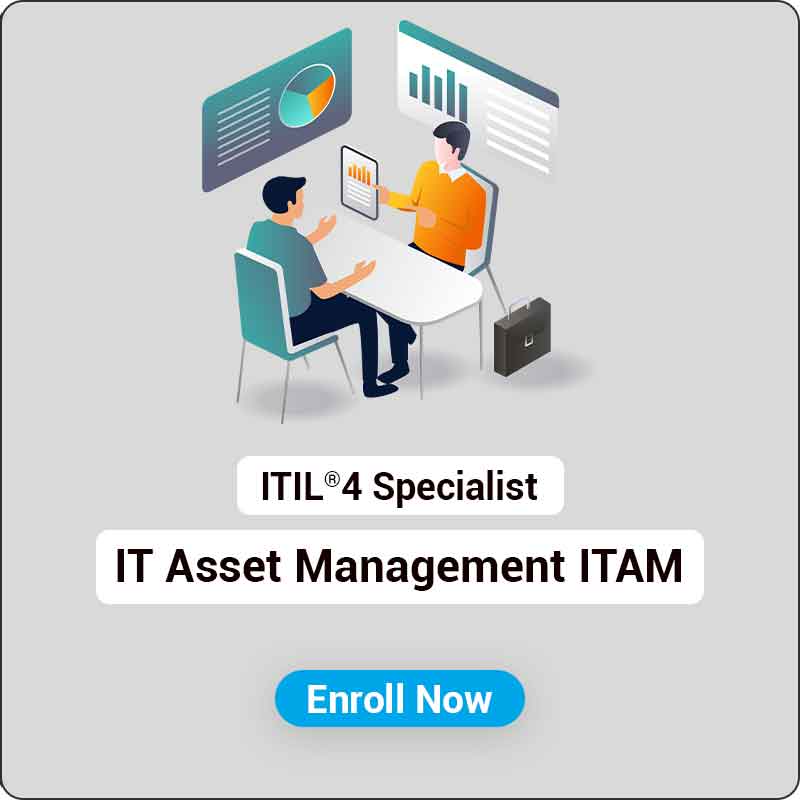
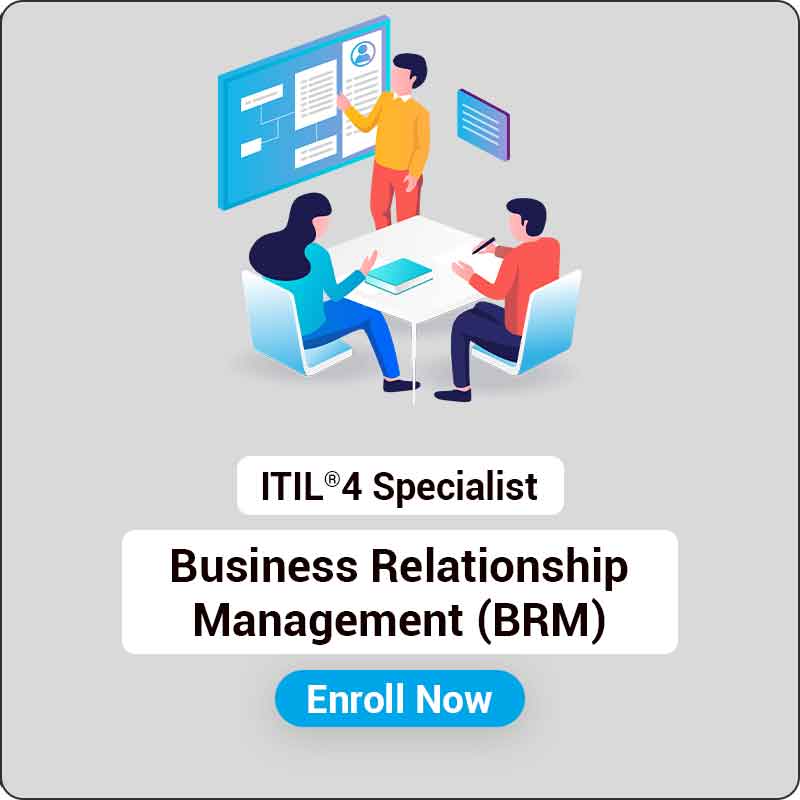

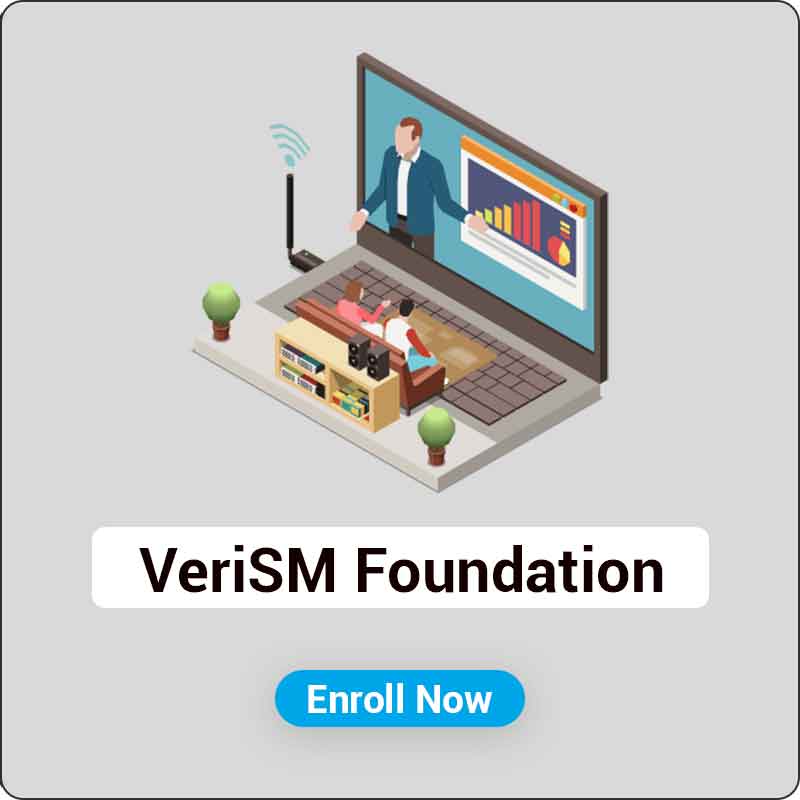
.jpg)
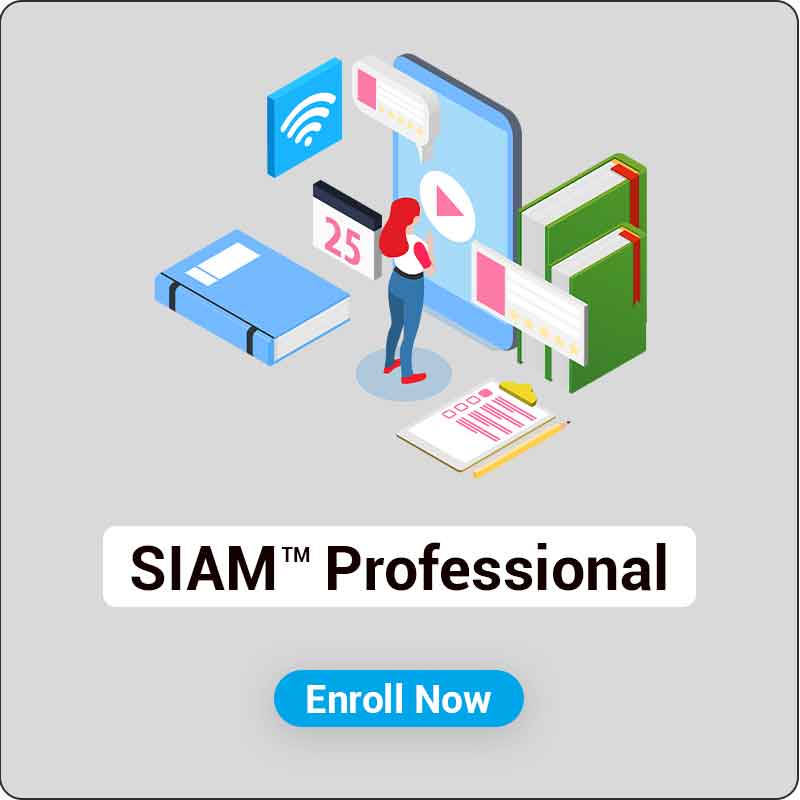
.jpg)
.png)
.png)

.jpg)